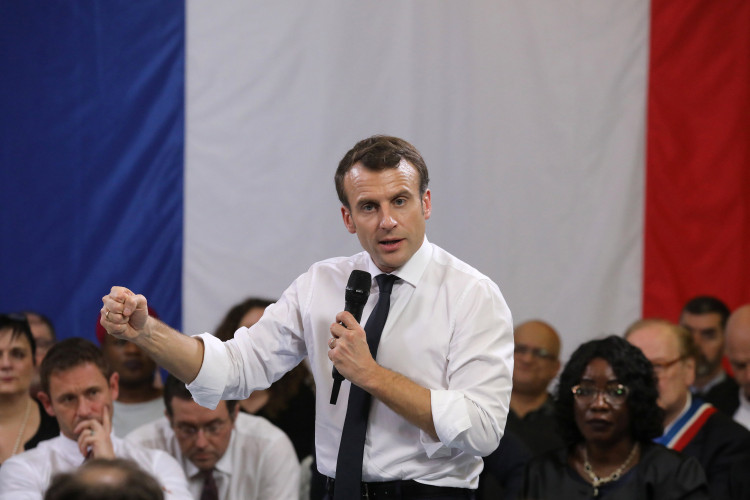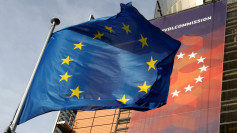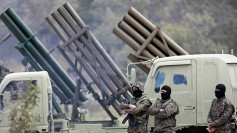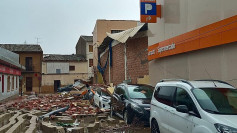The French government has declared a state of emergency in its South Pacific island territory of New Caledonia after three days of deadly violence, with armed clashes between protesters, militias, and police, as well as buildings and cars set on fire in the capital, Nouméa. The unrest, considered the worst since the 1980s, has claimed the lives of at least four people, including a police officer who was shot at point-blank range.
The violence stems from long-simmering political tensions between the archipelago's largely pro-independence Indigenous Kanak communities and the mostly French inhabitants opposed to breaking away from France. The recent trigger for the protests was a vote in the French parliament proposing changes to New Caledonia's constitution that would give greater voting rights to French residents living on the islands, a move seen by pro-independence groups as an attempt by France to consolidate its rule over the territory.
French President Emmanuel Macron has called for calm and urged New Caledonian political leaders to "unambiguously condemn all this violence." He has invited both pro- and anti-independence leaders to meet him "face to face" in Paris to discuss the situation. Louis Le Franc, the high commissioner for New Caledonia, warned that if the violence does not stop, "there will be many more dead."
The state of emergency, which will last for at least 12 days, allows authorities to impose restrictions on movement and carry out house arrests and searches. France has dispatched hundreds of riot police to the archipelago to quell the unrest. The French government spokesperson stated that these measures were necessary to "deal with the serious breaches of public order which are occurring."
New Caledonia, a semiautonomous French territory, is strategically important for France as it seeks to cement its place as a power player in the Indo-Pacific region. France annexed the islands in 1853, and the subsequent white settlement and repression of the Indigenous population led to tensions that have persisted for decades. In the 1980s, violence exploded across New Caledonia, resulting in the deaths of 19 pro-independence activists and two gendarmes. This eventually paved the way for the Nouméa Accord in 1998, a promise by France to grant greater political autonomy to the Kanak community.
Since 2018, there have been three referendums for independence, all of which have failed. However, the vote in favor has grown, reaching as high as 47% in 2020. Kanak voters boycotted the 2021 referendum. The move by the French Parliament to unfreeze voting lists and open them up to residents who have lived in New Caledonia for at least 10 years is seen by Kanaks as diluting the Indigenous vote and changing the rules in the middle of the game, according to analysts.
Denise Fisher, a former Australian Consul-General in New Caledonia, told CNN, "The Kanak people are objecting to [the vote in France] not just because it's been decided in Paris without them but also they feel that they want it to be part of a negotiation ... which would include another self-determination vote and a range of other things."
Despite the unrest, longtime members of the independence movement have called for calm. Jean Kays, a Kanak pro-independence resident, appealed to parents to talk to their children, emphasizing that the current violence is not the struggle for independence.






